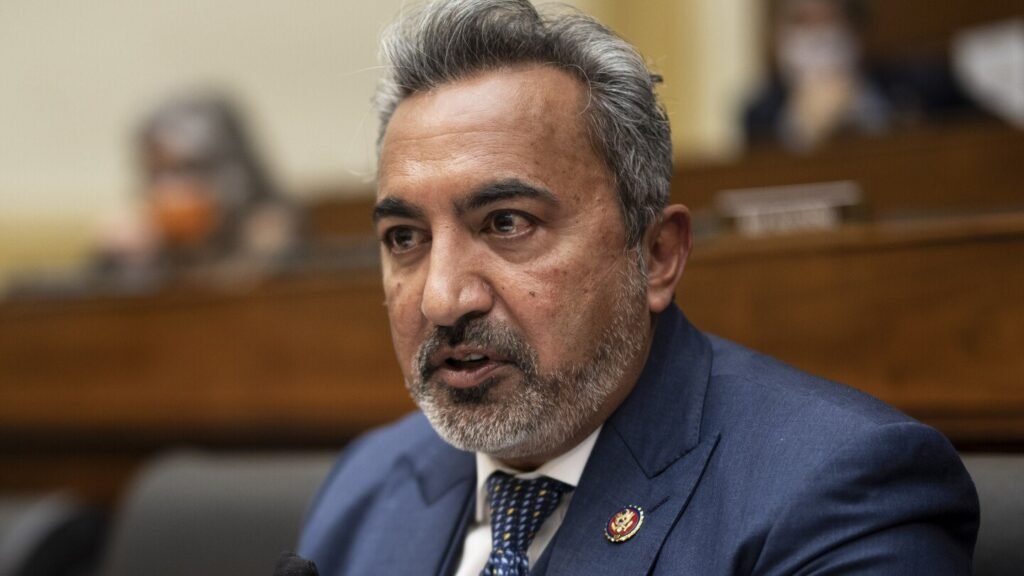TAIPEI, Taiwan (news agencies) — The co-chairs of the U.S. Congressional Taiwan Caucus on Wednesday opened the first trip by U.S. lawmakers to the island where the independence-leaning Democratic Progressive Party won a third straight term in presidential elections this month.
U.S. Reps. Ami Bera, a Democrat from California, and Florida Republican Mario Díaz-Balart plan to “engage with senior officials and business leaders,” Bera’s office said in a statement, without naming those with whom they would meet.
“The aim of the trip is to reaffirm U.S. support for Taiwan following their successful democratic elections, express solidarity in their shared commitment to democratic values, and explore opportunities to further strengthen the robust economic and defense relationship between the United States and Taiwan,” the statement said.
China, America’s chief competitor for global influence, claims Taiwan as its own territory and threatens to use force to bring it under its control. Beijing strongly condemned the election of current Vice President Lai Ching-te as Taiwan’s leader and appears set to continue its policy of refusing to engage with the island’s government first set down following the election of the DPP’s Tsai Ing-wen in 2016.
Beijing objects to any form of official contact between the U.S. and Taiwan and responded to a 2022 visit by then-House Speaker Nancy Pelosi with some of its largest military maneuvers in years, including missile launches and a simulated blockade of the island. It views visits by foreign government officials as them recognizing the island’s sovereignty.
President Joe Biden has sought to calm that complaint, insisting there’s no change in America’s longstanding “one-China policy,” which recognizes Beijing but allows informal relations and defense ties with Taipei.
Washington cut formal diplomatic relations with Taiwan in 1979 in order to recognize China, but U.S. law requires it to ensure the island has the means to defend itself and to treat all outside threats as a matter of grave concern.
While China regularly sends warplanes and navy ships to intimidate and harass Taiwan, there was no discernible spike in activity on Tuesday and Wednesday. The Defense Ministry reported seven Chinese warplanes and five naval vessels had been detected near the island over the previous 24 hours. It also said two Chinese balloons flew over the island’s northern and southern regions. The nature of the balloons remains unclear.


